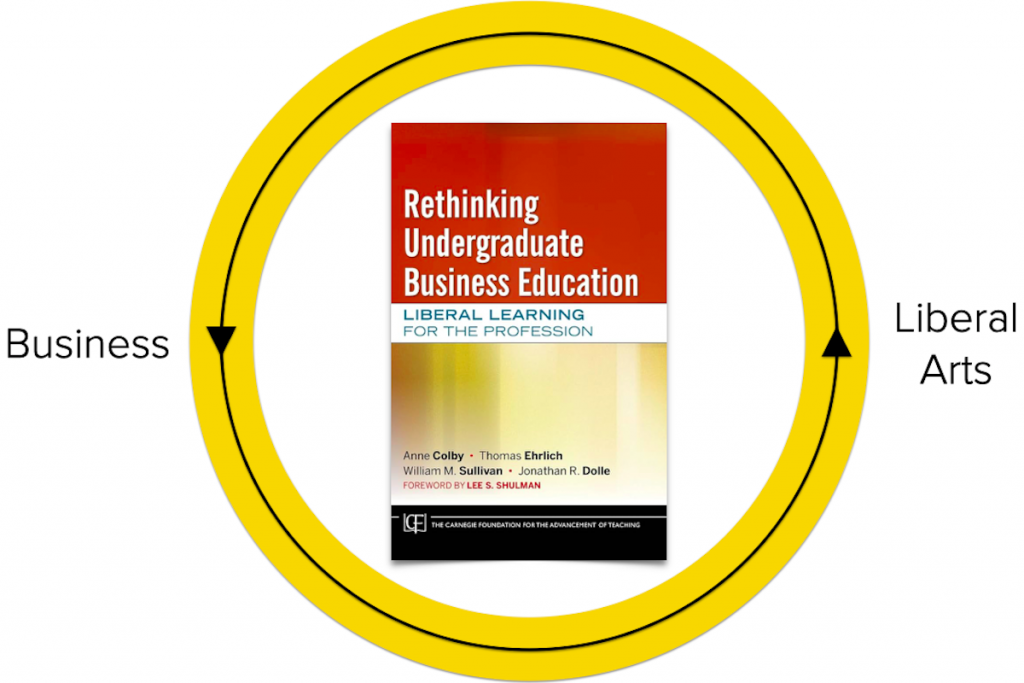| Oct 12, 2012
Higher Ed Marketing Debate: Liberal Arts vs Real-World Success

In this season of debates, we turn to a higher ed marketing area where debate is endless. What type of college best prepares students for “the real world?”
While consumers — students and parents — can find great programs at the extremes of vocational education and classic liberal arts colleges, most of the higher ed marketing battle happens in the in-between.
Elliance has done work for all kinds of schools, always believing that great higher ed marketing involves finding authentic proof aimed at right-fit students.
For now, let’s focus on the great many of four-year liberal arts colleges that seem to have either lost their one true brand voice or somehow stand too afraid to speak it.
Elliance begins our higher ed marketing work with such schools by taking a close look at a school’s general education core and first year studies courses. How do these and other student experiences shape one’s mental muscle and instills certain habits of the mind. We also connect the classroom and experiential learning, countering attacks against by more vocationally minded colleges that debate the liberal arts as outdated and theoretical.
A recent book — Rethinking Undergraduate Business Education: Liberal Learning for the Profession — which comes out of extensive study by the Carnegie Foundation, argues for a more integrative approach.
Elliance believes it’s our duty as higher ed marketing professionals to make a compelling case for why a liberal arts education is unmatched in helping students to transition into the world of real work and responsibility. Focus on maturity, discipline, discernment, perspective — the things that lead young people to early success and traction.
Punctuate the argument with placement details: top employers, starting salaries, acceptance rates into graduate and professional programs, and the institutions at which they are studying.
A truly compelling value proposition will connect the success of our client’s graduates twenty years out to specific aspects of their liberal arts education in ways sufficiently concrete that they make sense to prospects and their parents.
